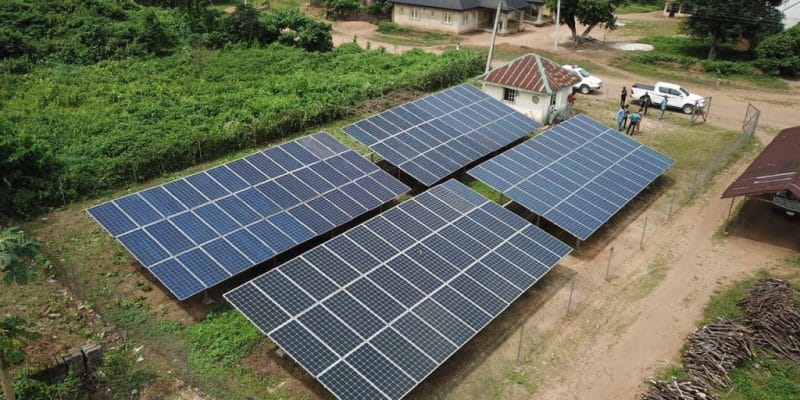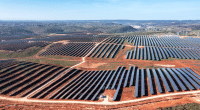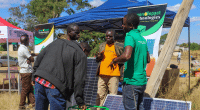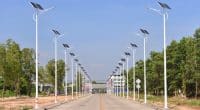With financial and technical support from the European Union (EU) and Germany, Nigeria's Rural Electrification Agency (REA) is providing grants to eight green mini-grid electricity providers in rural Nigeria.
Nigeria is receiving new support to accelerate the electrification of its people. The West African country is getting funding from the European Union (EU) and Germany for rural electricity access via green mini-grids. The value of the funding was not disclosed. But it is accompanied by technical assistance to be provided by the Deutsche Gesellschaft für Internationale Zusammenarbeit (GIZ), the German international development cooperation agency.
The funding will enable Nigeria’s Rural Electrification Agency (REA) to provide grants to eight green mini-grid providers. The recipient companies include A4&T Power Solutions, Acob Lighting Technology, Darway Coast, GVE Projects, Havenhill Synergy, Nayo Tropical Technology, Sosai Renewable Energies Company and Rubitec Solar.
Electrifying 138,000 people
These companies, based primarily in Nigeria, will implement between 18 and 24 electrification projects under the Nigerian Energy Support Programme (NESP). They were selected through a competitive process under the Mini-Grid/Interconnected Mini-Grid Acceleration Scheme (IMAS).
Read also- NIGERIA: NSIA grants 24 M$ to Solar Power Naija electrification programme
“The provision of capital and in-kind grants to solar mini-grid developers through IMAS is intended to ensure greater investment in the sector. As a result, the grants contribute to the achievement of the Sustainable Development Goals (SDGs) in Nigeria, particularly SDG 7 on access to clean and affordable energy and SDG 13 on climate action,” says Ina Hommers, GIZ’s country director for Nigeria and the Economic Community of West African States (ECOWAS).
According to REA, the projects implemented with funding from the EU and Germany will benefit 138,000 people in Nigeria. They support the Nigeria Electrification Project (NEP), also implemented by REA. The Nigerian federal government agency is also using grants to accelerate the deployment of decentralized renewable energy in rural areas. Currently, 66% of Nigerians living in remote areas still do not have access to electricity according to the United States Agency for International Development (USAID).
Jean Marie Takouleu






